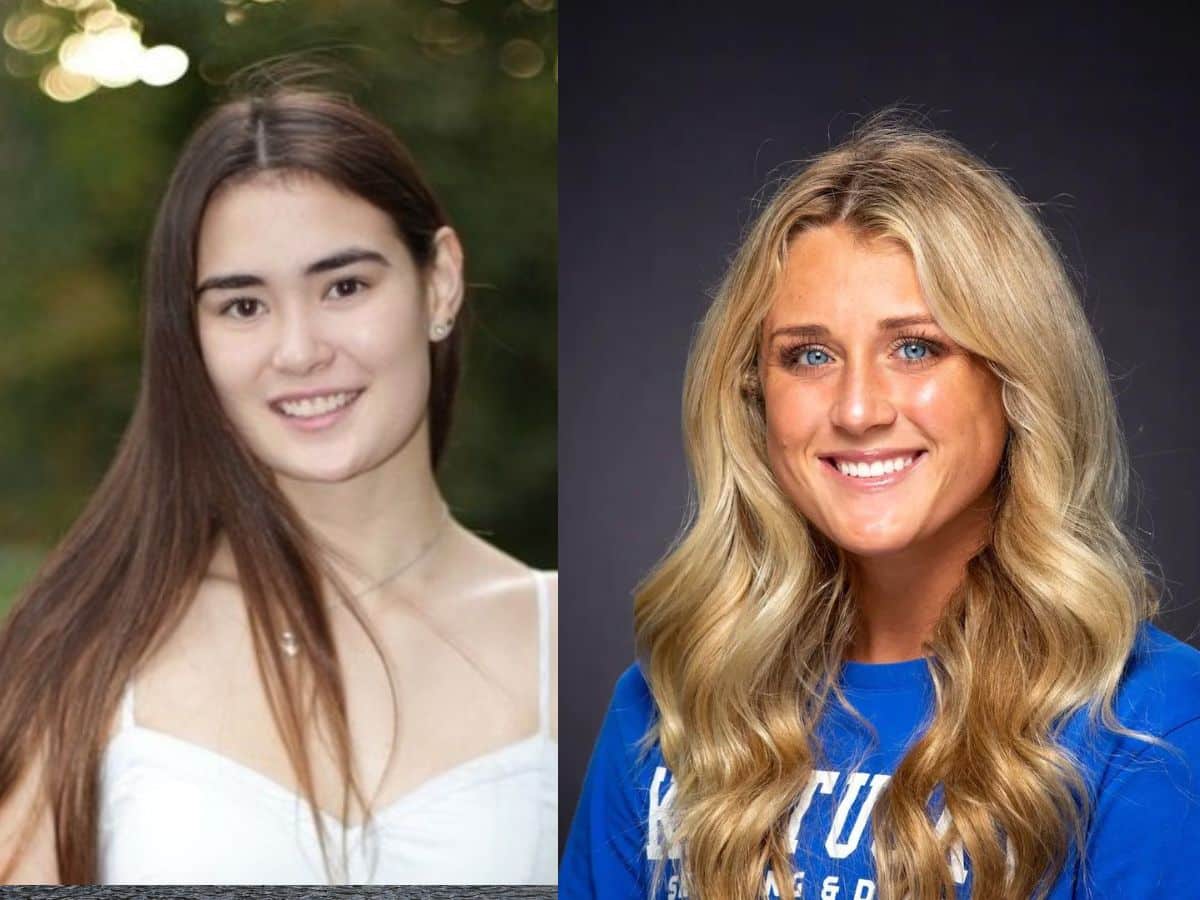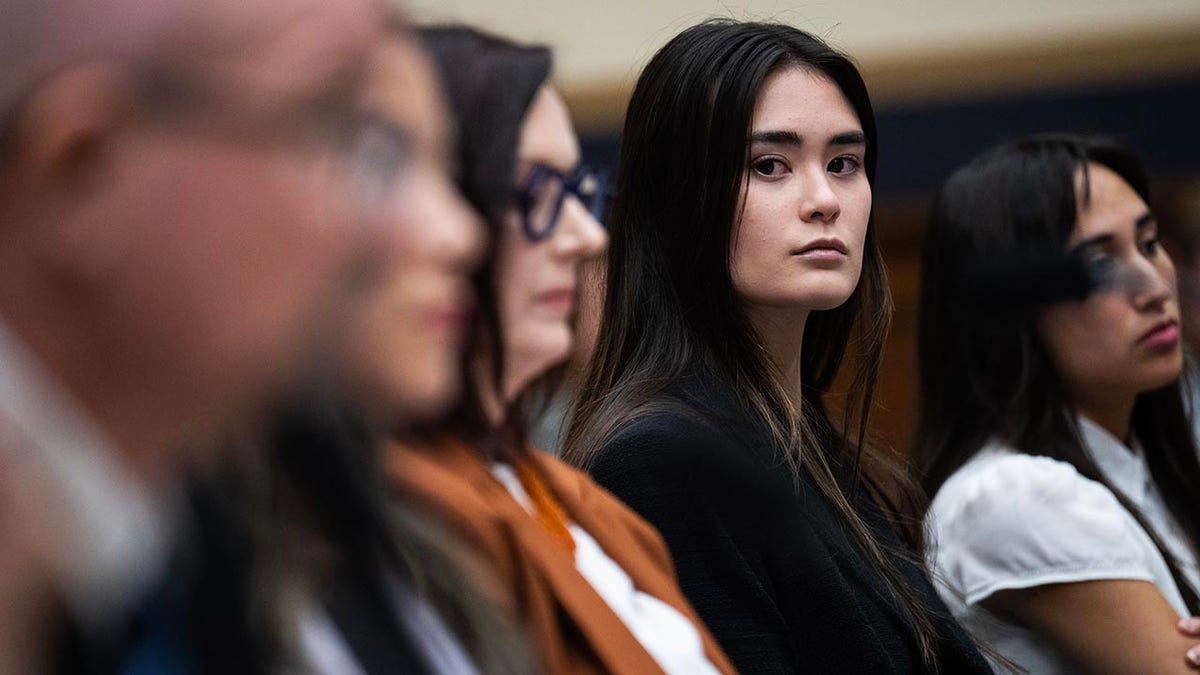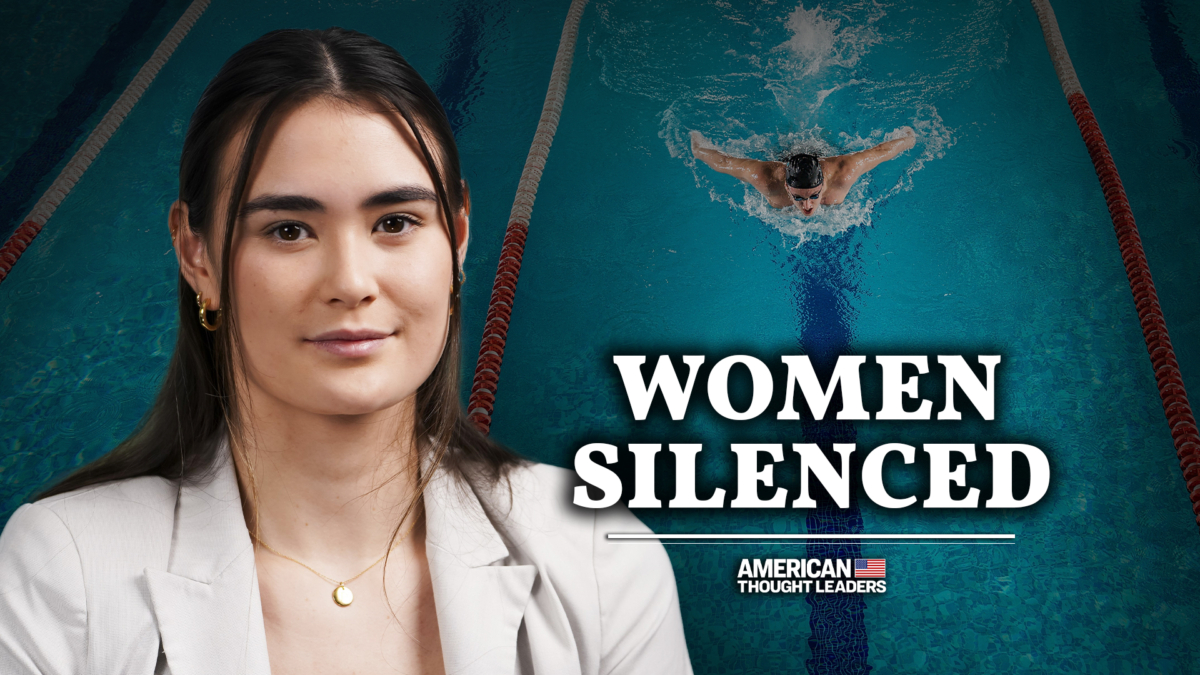What happens when the pursuit of personal triumph collides with deeply held convictions? Paula Scanlan, a former University of Pennsylvania swimmer, found herself navigating this turbulent intersection, her story a testament to the complexities of athletic competition in the 21st century. Her decision to speak out against the inclusion of biological men in womens sports ignited a firestorm, transforming her from a finance professional into a reluctant advocate for fairness and the preservation of womens sports.
Scanlan's journey began with the simple desire to find solace and healing through the camaraderie and discipline of collegiate swimming. Having endured a past trauma, she saw the University of Pennsylvania's swim team as a sanctuary, a place to rebuild and reclaim her strength. Ironically, it was within the confines of this supposedly safe space that her past trauma resurfaced, triggered by the arrival of transgender swimmer Lia Thomas on the womens team. What followed was a period of internal conflict, as Scanlan grappled with her own beliefs, the pressures of a prestigious Ivy League environment, and the implications of speaking out against a rising tide of inclusivity.
| Category | Details |
|---|---|
| Name | Paula Scanlan |
| Nationality | American |
| Occupation | Former Swimmer, Influencer, Advocate, Speaker |
| Education | University of Pennsylvania (School of Engineering and Applied Science) |
| Affiliations | Independent Women's Forum, Independent Women's Voice |
| Sport | Swimming (Backstroke) |
| Collegiate Career | University of Pennsylvania (Competed in six meets for the Quakers, finished 16th in the 100 back and 14th in the 200 back at the ECAC Championships) |
| Advocacy | Women's sports, free speech |
| Reference | Independent Women's Forum |
Scanlan's silence didn't come from apathy. She, like many of her teammates, felt immense pressure to conform. The university, she claims, fostered an environment where dissenting voices were stifled, where challenging the status quo was met with subtle yet effective discouragement. The fear of jeopardizing her academic standing, her athletic career, and her future prospects weighed heavily on her. The Ivy League, often lauded for its intellectual rigor and progressive ideals, became, in Scanlan's experience, a system of indoctrination, pushing a narrative that prioritized inclusivity over fairness, even at the expense of female athletes.
The breaking point came when Scanlan realized the profound unfairness unfolding before her eyes. Witnessing Lia Thomas, a biological male, dominating women's competitions, shattering records, and occupying spaces meant for female athletes, ignited a sense of injustice within her. She saw her teammates, talented and dedicated women, being deprived of opportunities they had worked tirelessly for. The locker room, once a haven of shared struggles and triumphs, became a source of discomfort and unease, as female athletes were forced to share intimate spaces with a biological male.
Scanlans decision to speak out wasnt a sudden eruption; it was a slow burn, fueled by months of internal struggle and the growing realization that silence was complicity. Her initial apprehension was understandable. She knew the potential backlash, the accusations of transphobia and bigotry that would inevitably be hurled her way. Yet, the weight of her conscience, coupled with the unwavering support of a few close confidantes, propelled her forward.
Stepping into the public eye came at a cost. The online vitriol was immediate and intense. She was labeled a hateful bigot, a transphobe, a traitor to her team. The same institutions that had once celebrated her athletic achievements now distanced themselves, eager to avoid controversy. But amidst the storm of negativity, Scanlan found strength in the growing chorus of support from other female athletes, parents, and concerned citizens who shared her concerns. Her story resonated with those who felt marginalized by the prevailing narrative, those who believed that protecting womens sports was not an act of discrimination but a matter of fairness and preserving the integrity of female competition.
Scanlan's advocacy extends beyond the realm of athletics. She has become a vocal defender of free speech, arguing that open and honest dialogue is essential for addressing complex societal issues. She has aligned herself with organizations like the Independent Womens Forum, using her platform to advocate for policies that protect women and girls. Her presence at President Trump's signing of an executive order barring men from womens sports underscored her commitment to this cause.
Paula Scanlans story is far from over. It is a story of courage, conviction, and the enduring power of the human spirit to speak truth to power, even when the consequences are daunting. It is a story that continues to unfold, challenging us to grapple with the complexities of gender identity, fairness in sports, and the importance of protecting the hard-won gains of female athletes.


